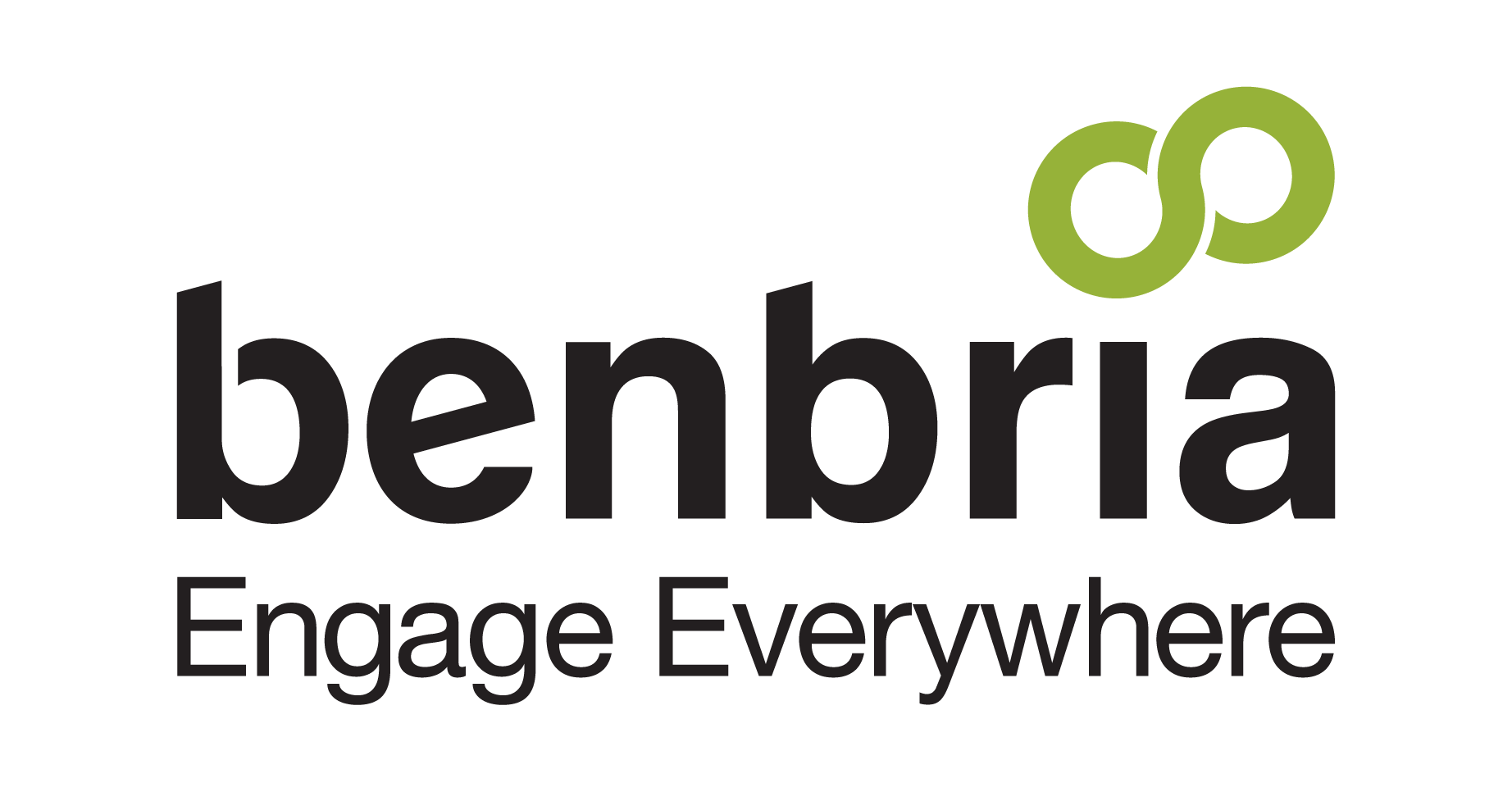The hospitality industry of today is more competitive than ever. Hotels are no longer vying only with each other — with the increase in popular home-sharing services such as Airbnb, Onefinestay, and HomeAway, it’s important that hotels evaluate how they can add value to the guest’s stay. Furthermore, now that travelers can compare thousands of properties through OTA websites, hotels are challenged to make themselves stand out in the crowd.
Technology can be a competitive differentiator for hotels. It’s clear that technology is here to stay, and that it is as essential to travelers on the road as it is in their daily lives. But what’s less clear is how to use technology in an effective manner. As we’ve covered, Airbnb’s app gets more use than the top four hotel apps combined — and the majority of smartphone users download an average of zero apps per month.
This is where mobile guest engagement comes in. Messaging is one sure way to get guests to connect with brands. Unsure exactly what mobile guest engagement entails? Read on for all the details.
What Is Mobile Guest Engagement?
Fundamentally, mobile guest engagement is about using technology to deepen the relationship between the guest and the brand. As of 2015, PewGlobal reported that an average of 68 percent of adults in advanced economies reported owning a smartphone. On top of this, Statista reported 62 percent of travelers would prefer to use their smartphone to order services or amenities from a hotel. Needless to say, the smartphone has become an essential part not only of daily life, but also of the travel experience.
Mobile guest engagement facilitates messaging between the hotel and the guest by harnessing this technology. Guests can use the mobile device of their choice to communicate with the hotel, whether they are on the property or out and about. Any questions, concerns, or requests they may have are instantly relayed to hotel management, who can take immediate action to resolve the problem or fulfill the request.
How Does It Work?
After the guest sends a message or request to the hotel using their mobile device, it is routed to a central inbox, where management can respond to it or assign it to the appropriate staff member for fulfillment. With such a system in place, it creates a paper trail for requests and messages and ensures that all staff members are on the same page when it comes to providing service.
A good mobile guest engagement solution will integrate with a hotel’s property management system (PMS). This allows hotel staff to create profiles of their guests that can give them a better understanding of their preferences. The solution can then be used to send invitations or special offers to their guests according to the preferences listed on their profiles.
What Are the Benefits?
For both the hotel and the guest, there are a multitude of advantages to using mobile guest engagement. Here, we’ve listed a few ways it can be beneficial to hotels.
- Cost Savings and Increased Revenue. With mobile guest engagement, hotels can automate certain tasks that traditionally would have been undertaken by front-line staff. When guests send requests to staff using their smartphones, staff at the desk no longer have to juggle check-ins and guest requests. Requests can be automatically routed to the appropriate staff member, saving staff time and freeing them up to focus on revenue-generating tasks. And with a menu-based interface, guests can quickly and easily order more products and services, which boosts revenue at the hotel.
- Better Online Reviews. With messaging, guests can easily and conveniently let the hotel know when an issue has arisen. This allows the hotel to address the issue before the guest leaves the hotel, minimizing the possibility that the guest will air their grievances on social media for the whole world to see. The hotel can also invite the guest to write a review on TripAdvisor or Facebook after a concern has been resolved to their satisfaction. This can help boost the hotel’s ratings on online review websites.
- Guest Loyalty. Mobile guest engagement helps hotels create meaningful interactions with their guests. Guests who feel valued by the hotel may be compelled to return on their next visit — or even better, become a brand advocate for their favored hotels. Nielsen studies show that 92 percent of consumers believe their friends and family over traditional forms of marketing. Hotels should strive to capture that word-of-mouth advertising!
- Operational Improvement. As Bill Gates once said, “Your most unhappy customers are your greatest source of learning.” When a higher volume of guests let a brand know about their issues, it gives the brand better insight into what they’re doing right and what they’re doing wrong. This enables them to continue improving their service and operations so they can wow future visitors.
- Guest Profiles. A mobile guest engagement solution that integrates with PMS platforms can help hotels build profiles of guests that include their preferences. Armed with these preferences, hotels can take the initiative to delight their guests — by placing their favourite newspaper or a bouquet of their favourite flowers in their room before they check in, for example.
Find out how our mobile guest engagement solution can help your hotel build meaningful relationships with guests, increase efficiency, and boost profits. Request your free demo today!




